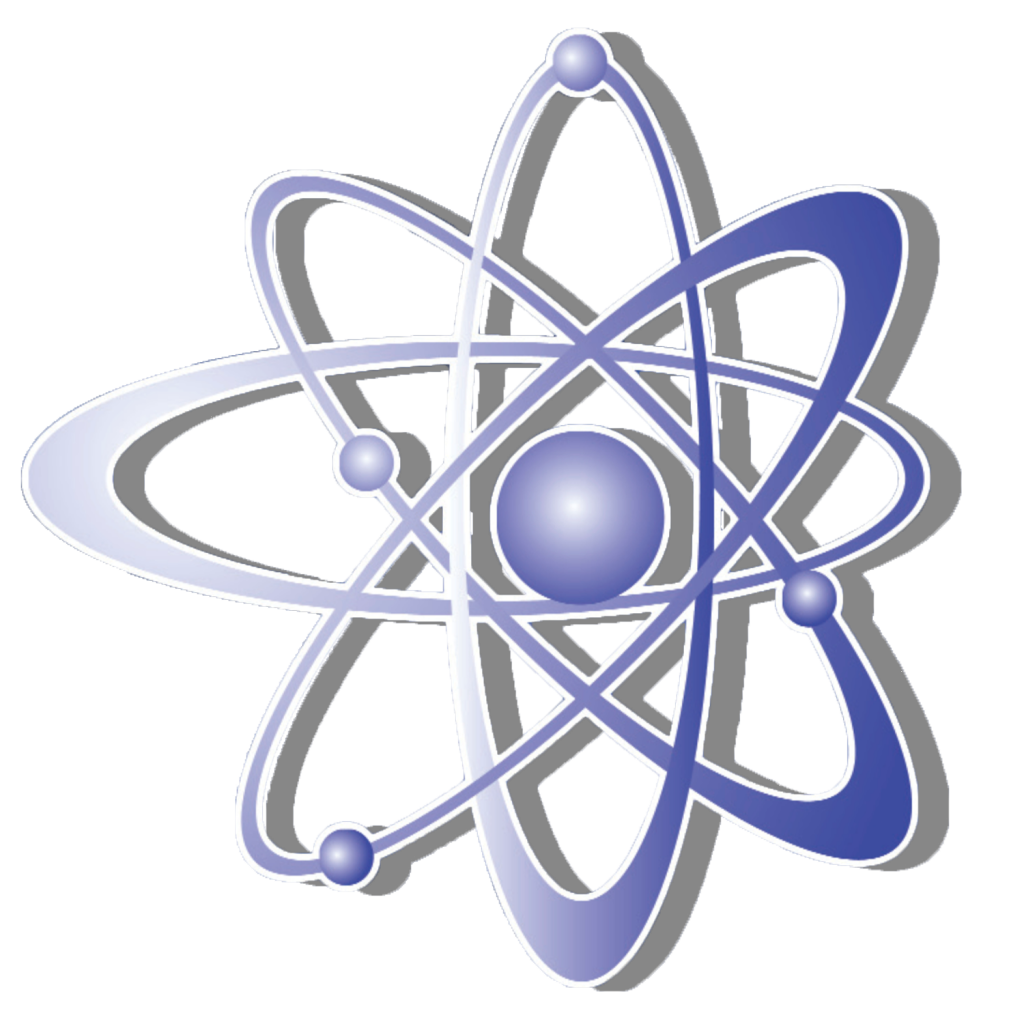 On July 18, the Ministry of Education and Culture held a meeting on updating primary school curricula. With the participation of Deputy Minister of Education Pavlo Khobzei, subjects of the artistic and aesthetic cycle (musical and visual arts, physical culture, labor training) were discussed. Moderators presented the results of the second stage of public discussion of changes to educational programs, which were published on the Ed-Era.com website. The majority of commenters approved the changes made to the programs in Physical Education, Work Training, Fine Arts, Music Arts, and the integrated Arts course.
On July 18, the Ministry of Education and Culture held a meeting on updating primary school curricula. With the participation of Deputy Minister of Education Pavlo Khobzei, subjects of the artistic and aesthetic cycle (musical and visual arts, physical culture, labor training) were discussed. Moderators presented the results of the second stage of public discussion of changes to educational programs, which were published on the Ed-Era.com website. The majority of commenters approved the changes made to the programs in Physical Education, Work Training, Fine Arts, Music Arts, and the integrated Arts course.
"There are a number of common changes that will apply to all subjects: in the updated programs, the mandatory distribution of the number of hours for each subject will be removed. The teacher will be able to decide for himself how much time to devote to which topic. Also, in all of the above-mentioned subjects, there was a large part of difficult and unnecessary theory for children, which the program required not only to study, but also to test the students' knowledge: musical terms, precise definitions of artistic genres, the history of the Olympic Games, which is not appropriate for the children's age characteristics. Commentators on EdEr complained that these requirements do not leave time for actual physical education and creativity, or the teacher is forced to violate the program. Now the theory will be taken away, or (like the history of the Olympic Games) will be transferred to senior classes and other subjects, - said adviser to the Minister of Education and Science Ivanna Kobernyk.
Deputy Minister Pavlo Khobzei supported the changes: "Children aged 6-9 should draw, create and move, and not memorize theoretical knowledge in the specified subjects."
Significant changes in the physical education program: skis and skates have been removed from the mandatory content, the dance steps provided for in the program have been replaced by rhythmic gymnastics movements and improvisational exercises, breathing gymnastics will be recommended, the "Active recreation" section has been enriched with modern games, age-inappropriate games have been removed and can injure children. For example, the game "Nuts", which has the following rules: "...the master appears - the children run away. He catches up, brings him home and lightly punishes him for taking someone else's property. Those caught help the host catch other players..." will be removed from the program.
In the work-based training program, the teacher has greater freedom in choosing topics and materials for work. There were requests from commenters to remove topics that required not only additional parent costs, but also materials that are difficult to purchase (for example, wire weaving or beadwork). "These topics will not be banned, but they will cease to be mandatory. The teacher and parents will be able to decide which projects will be implemented in the labor training lessons," said Alevtyna Lototska, chief specialist of the secondary education department.
During the second stage of the discussion, the proposed changes to the art program received positive feedback at EdE. The moderators took away some of the topics left over from the Soviet era, and instead suggested adding consideration of local artists and musicians.
In the fine arts program, it is proposed to simplify the language of presentation, expand the teacher's opportunities to choose topics, make the lessons so that children do not learn the theory of genres and types of art, but enjoy creativity and develop internal motivation.
The current music curriculum was especially full of theory, complicated and redundant even for professional musicians. Removed excessive categorization and terminology, such as "grain of intonation". A large number of works of the Soviet period and ideology, a large number of Russian folk songs were removed. For example, the program offered to study the topic "The song unites the world" using the example of the Russian folk song "Down with Mother, along the Volga". Added works of modern Ukrainian composers. It is also proposed to give the opportunity to the teacher to choose 50% musical works at his discretion, instead of 10%, as it was before.
All the listed programs were worked out by moderators together with scientific consultants of the National Academy of Pedagogical Sciences, except for the program on physical culture.
We would like to remind you that the unloading and updating of programs takes place in accordance with the current State Standard of Primary Education. At the end of July, the programs will be submitted for approval by the Board of the Ministry of Education and Culture. Based on the updated programs, the Ministry will prepare new indicative requirements for evaluating the educational achievements of primary school students and methodical recommendations for the updated programs. And on the open platform of EdEra, additional educational materials will be posted to make it easier for teachers to teach according to the updated programs.



